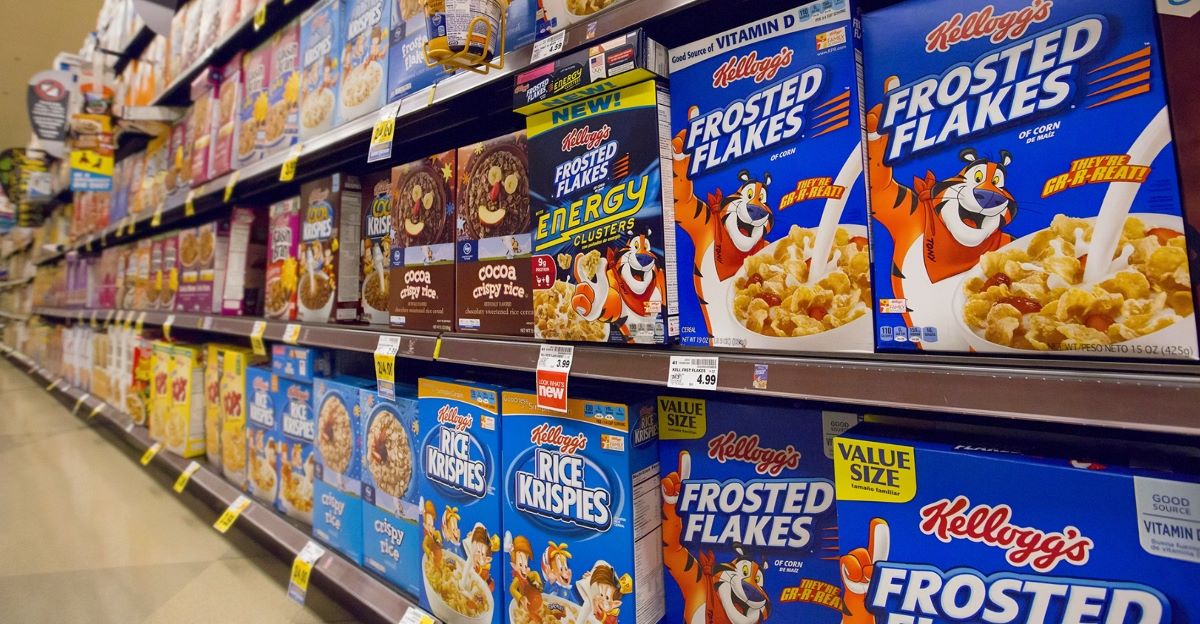
WK Kellogg Co., the North American cereal division spun off from Kellogg Co. in late 2023, is grappling with significant financial challenges. Despite efforts to modernize operations and revamp product lines, the company reported a 6.2% decline in first-quarter net sales for 2025, dropping to $663 million from $707 million the previous year. This downturn is attributed to an 8.6% decrease in sales volume, which price increases failed to offset.
The company’s adjusted net income fell by 12.9% year-over-year, highlighting the strain on profitability. In response, WK Kellogg has revised its full-year forecast, anticipating a 2–3% decline in organic net sales, a steeper drop than previously projected. The company is also undertaking significant restructuring, including a $390 million investment in infrastructure and the closure of its Omaha, Nebraska, plant, resulting in a net loss of 550 jobs.
These developments underscore the company’s need to adapt to shifting consumer preferences and economic pressures. As WK Kellogg navigates this turbulent period, industry stakeholders and consumers will closely watch its strategies and outcomes.
Shifting Tastes: The Decline of Traditional Breakfast Cereals
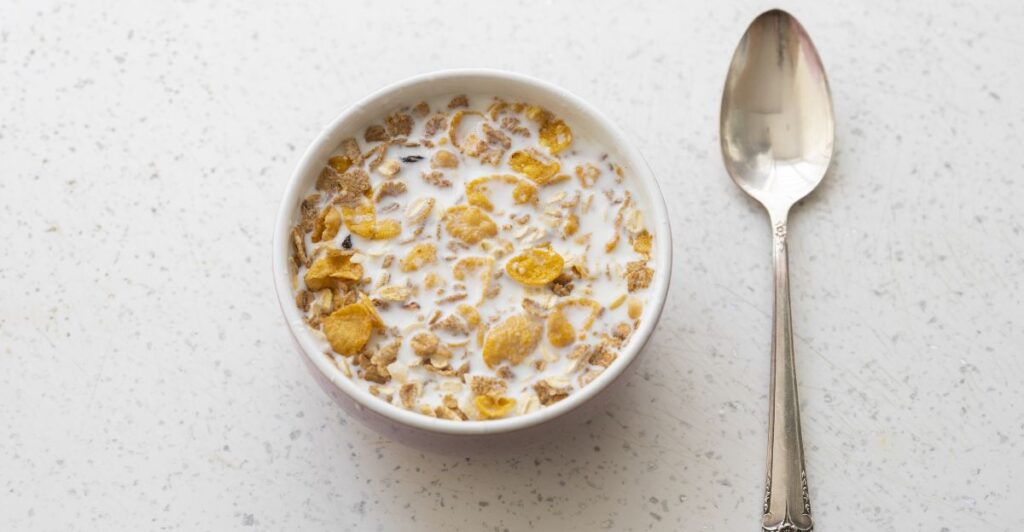
The traditional breakfast cereal market is experiencing a significant downturn, driven by evolving consumer preferences. In the U.S., cereal consumption has decreased from 2.1 million tonnes in 2008 to 1.6 million tonnes in 2023, with projections indicating further declines. This trend is particularly pronounced among millennials, who are opting for alternatives like smoothies, avocado toast, and overnight oats.
WK Kellogg’s flagship brands, including Special K and Corn Flakes, have been affected by this shift. Special K, for instance, has lost market share, contributing to the company’s overall sales decline. The company’s efforts to counteract these trends through price increases have met resistance from cost-conscious consumers, further impacting sales volumes. As consumer preferences evolve, WK Kellogg faces the challenge of innovating its product offerings to align with current dietary trends. Failure to adapt could result in continued market share erosion and financial instability.
Economic Pressures: Inflation and Tariffs Impacting Profit Margins

Economic factors such as inflation and tariffs exert additional pressure on WK Kellogg’s financial performance. The company has implemented price increases to offset rising input costs; however, these measures have not fully compensated for declining sales volumes. In the first quarter of 2025, the company reported an 8.6% drop in sales volume despite a 3% price hike.
Tariffs on imported raw materials are also affecting profitability. While the impact is projected to be modest, estimated at $2–$4 million for the whole year, it adds to the company’s financial challenges. Additionally, the U.S. economic contraction in the first quarter of 2025, the first in three years, has weakened consumer spending, further impacting sales. These economic headwinds underscore the importance of strategic financial planning and cost management for WK Kellogg as it navigates a complex and challenging market environment.
Health Trends: Consumer Demand for Nutritious Options

Health-conscious consumers increasingly seek nutritious breakfast options, posing challenges for traditional cereal manufacturers. WK Kellogg’s products like Frosted Mini-Wheats and Raisin Bran have been scrutinized for their sugar and sodium content, with the U.S. Food and Drug Administration no longer considering them healthy breakfast choices.
In response, the company is reformulating products to meet consumer demands. For example, the Kashi Go cereal line has been updated with higher protein and fiber content and lower sugar levels, accompanied by refreshed packaging to appeal to health-focused shoppers. Despite these efforts, the company faces the challenge of changing consumer perceptions and regaining trust. Success in this area is critical for reversing declining sales and ensuring long-term viability in a health-conscious market.
Strategic Restructuring: Plant Closures and Job Reductions

WK Kellogg is consolidating operations to improve efficiency and reduce costs as part of its restructuring strategy. The company announced the closure of its Omaha, Nebraska, plant by the end of 2026 and plans to scale back production at its Memphis, Tennessee, facility starting in late 2025.
These changes are expected to result in a net loss of 550 jobs. However, the company plans to invest $390 million in upgrading its facilities in Battle Creek, Michigan; Lancaster, Pennsylvania; and Belleville, Ontario, to achieve a 14% adjusted EBITDA margin by 2026. While these measures aim to streamline operations and enhance profitability, they also present challenges related to workforce reductions and potential disruptions in production. The company’s ability to manage these transitions effectively will be crucial for its future success.
Innovation Efforts: New Products and Marketing Strategies
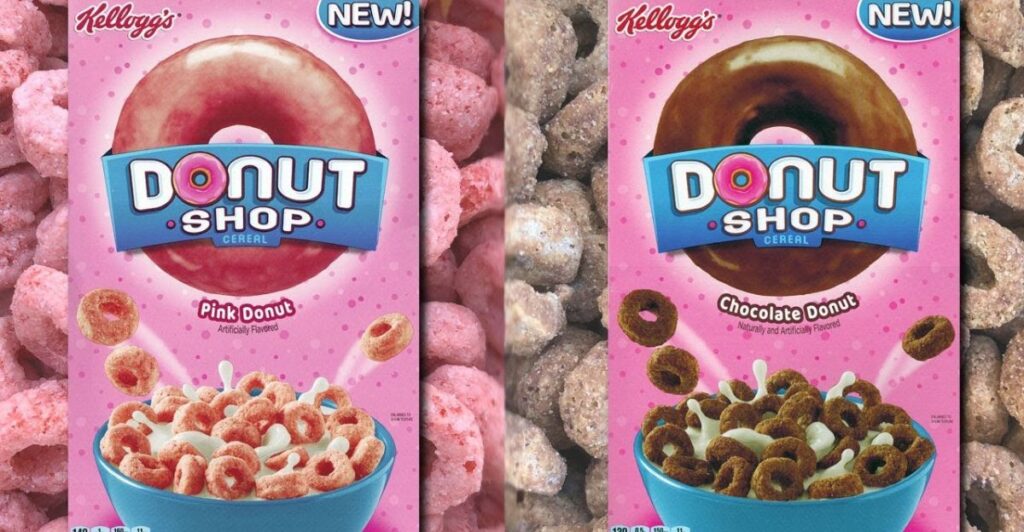
To revitalize sales, WK Kellogg is introducing new products and marketing campaigns. To attract younger consumers, the company has launched donut-hole-shaped cereals with flavors from existing brands like Apple Jacks and Frosted Flakes.
Additionally, WK Kellogg is investing in marketing initiatives, including a £12 million campaign in the UK featuring a revamped mascot to rejuvenate the Corn Flakes brand. These efforts aim to enhance brand visibility and appeal to a broader audience. While innovation is essential for growth, the company must ensure that new products resonate with consumers and align with current dietary trends. Effective marketing strategies will be key to the success of these initiatives.
Competitive Landscape: Navigating a Challenging Market
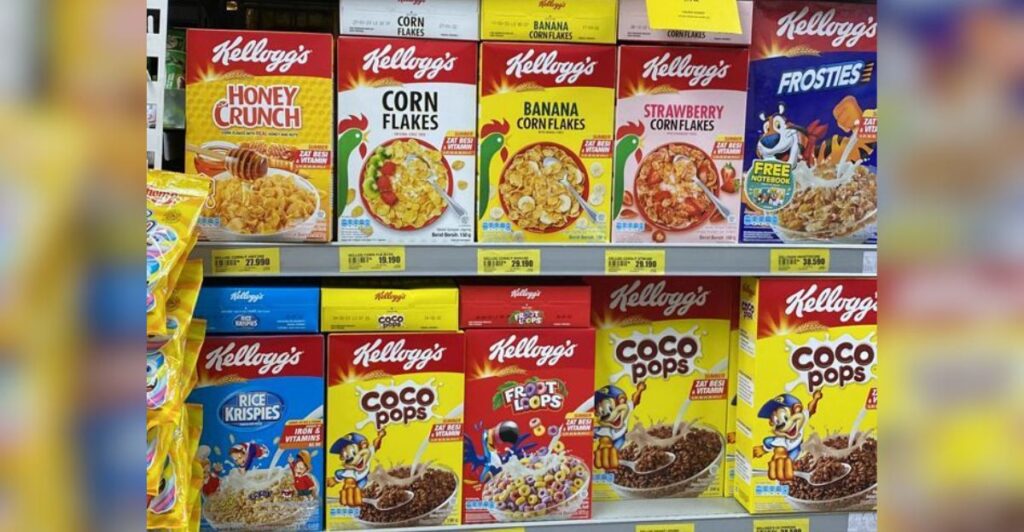
WK Kellogg operates in a highly competitive market, facing challenges from traditional rivals and emerging brands. The ready-to-eat cereal category is experiencing a low single-digit year-over-year decline, reflecting broader industry challenges.
Competitors are also adapting to changing consumer preferences, introducing health-focused products, and leveraging aggressive marketing strategies. To maintain market share, WK Kellogg must continue to innovate and differentiate its offerings. The company’s strong brand recognition provides a foundation, but sustained success will depend on its ability to respond effectively to market dynamics and consumer demands.
Financial Outlook: Adjusting Expectations Amidst Challenges

Given the current market conditions, WK Kellogg has adjusted its financial projections. The company now expects a 2–3% decline in organic net sales for 2025, a revision from the previously anticipated 1% fall. Adjusted EBITDA is forecasted to be between $270 million and $275 million, down from earlier estimates of $286 million to $292 million.
These adjustments reflect the company’s acknowledgment of the ongoing challenges in the market, including shifting consumer preferences and economic pressures. WK Kellogg’s ability to navigate these challenges and implement effective strategies will be critical for its financial stability and growth.
Consumer Impact: Changing Preferences and Purchasing

Decisions
The evolving consumer landscape is significantly impacting WK Kellogg’s performance. Health-conscious and budget-sensitive consumers increasingly seek alternatives to traditional cereals, such as smoothies, granola, and plant-based options.
This shift has decreased demand for some of WK Kellogg’s products, prompting the company to reformulate offerings and introduce new items to meet consumer needs. However, changing consumer perceptions and habits is a complex process, requiring sustained effort and innovation. Understanding and adapting to these consumer trends is essential for WK Kellogg to regain market share and ensure long-term success.
Retail Implications: Effects on Availability and Brand Perception
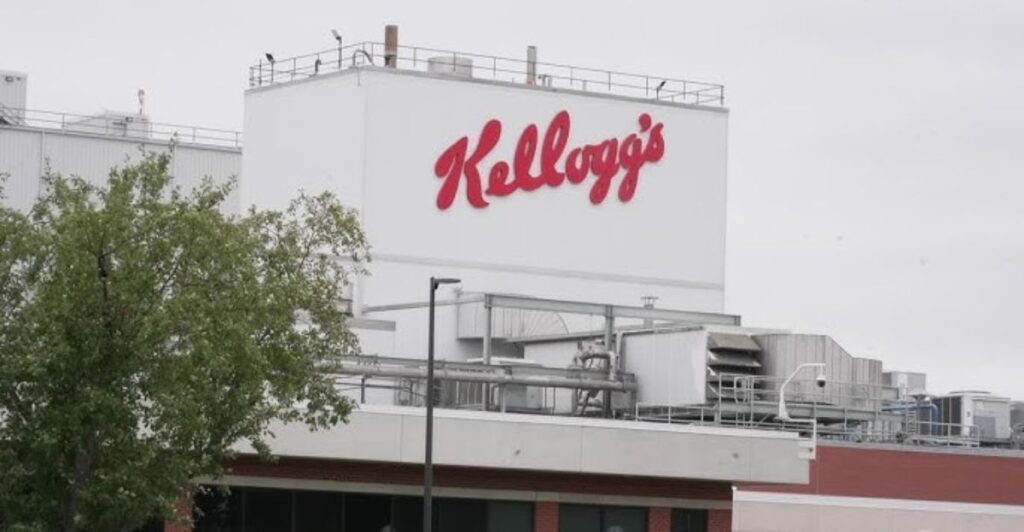
WK Kellogg’s ongoing restructuring and plant closures, including the Omaha facility, may temporarily affect the availability of products like Corn Flakes and Frosted Flakes, potentially leading to regional shortages. Retailers could reduce shelf space for Kellogg products and turn to competing or private-label brands.
For customers, price hikes due to inflation may drive them toward more affordable or health-conscious alternatives. Perception of the brand may also suffer if it’s seen as outdated. Consistent supply and brand relevance will ultimately be key to maintaining consumer loyalty and retail presence.
Discover more DIY hacks and style inspo- Follow us to keep the glow-up coming to your feed!

Love content like this? Tap Follow at the top of the page to stay in the loop with the latest beauty trends, DIY tips, and style inspo. Don’t forget to share your thoughts in the comments — we love hearing from you!